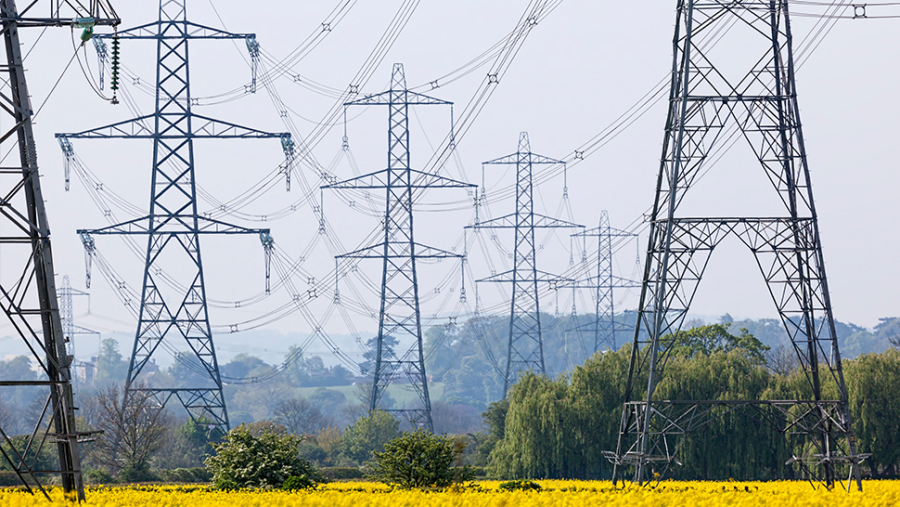

While the nation is working from home, the spotlight has fallen on electricity providers and the need to keep the Grid balanced and the importance of uninterrupted power supplies. However, to ensure that this is possible, the providers have to work 24/7 to ensure not only that enough power is being produced, but also that the network can handle the supply and that it is in good repair. This leads to some interesting questions in the context of lockdown.
- Can the network providers access private land if repairs are required at the moment?
- What rights do private landowners have to refuse if they are uncomfortable with contractors accessing their land?
First, it’s important to consider the contract that governs the installation of the infrastructure. Where there is an electricity tower on, or electricity lines over, the land, it is likely that the relationship between the parties will be governed by the terms of an easement or a wayleave. It is usual for a clause to be included which allows the network operator or contractors operating on their behalf to attend to inspect, repair or replace infrastructure on reasonable notice.
At the moment, it is likely that all routine inspections will be suspended and that urgent safety works or those with a high impact upon the network coverage will take priority. The priority of the works won’t automatically ensure that they fall within the remit of the relevant clause, so particular attention should be given by both parties to ensure that the works proposed fall within scope. Easements run with the land and so the access clause may have been drafted many years ago; that may mean a deficiency in the rights required.
It is also important that the network operator ensures that they obtain consent from the correct person. Wayleaves are personal and do not run with the land, so if the land has been sold on to a third party, this can cause delays.
If the landowner has checked both of these points and everything is in order, then they should allow access.
If the infrastructure is on rural land, it may be very easy for the landowner to ensure they are socially distant from the contractors. If access points are limited or gates have to be unlocked, it would be prudent to set out how you propose to safely address those pinch points so that both the landowner and the network provider can ensure their safety. A reluctance to have third parties on the land at all at the moment is unlikely to be a legitimate reason of itself to refuse a lawful access request. However, if there are vulnerable people at the property and social distancing isn’t feasible, a court would have to weigh up the competing interests.










